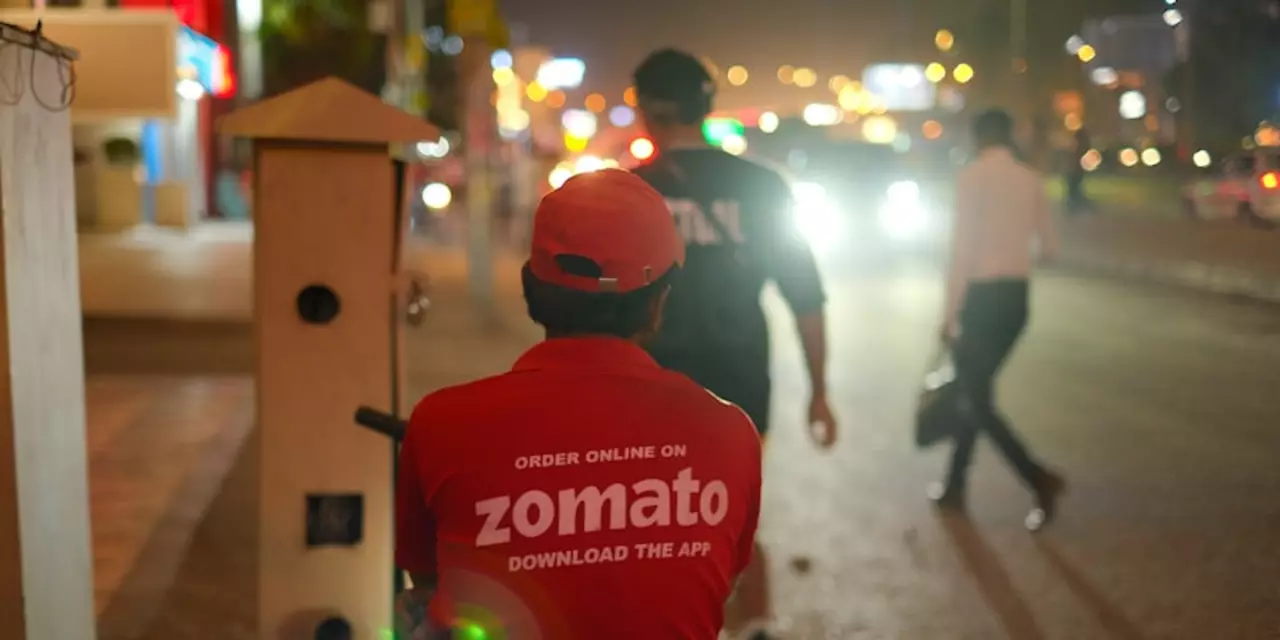Heard stories about police excess, corruption or people being mistreated in custody? Those headlines matter because they point to real steps you can take. This page pulls together simple, useful advice so you know your rights and what to do if something goes wrong.
You don’t need legal training to protect yourself. If police stop or detain you, ask calmly why and where you’re being taken. You have a right to be produced before a magistrate within 24 hours. If you’re hurt, get a medical exam and ask for a medico-legal certificate (MLC) — that record helps a lot later. When you report a crime, the police must register an FIR and give you a copy or at least an acknowledgement. If they refuse, note names, time and place and try another station or speak to the duty officer.
For corruption or serious misconduct, you can approach higher bodies: the state police complaints authority, the National Human Rights Commission, or local legal aid clinics. Free legal help is available through government legal services and many NGOs in Delhi. Use them — you don’t have to fight alone.
First, make your safety the priority. If you’re safe, start collecting facts: take photos, record short videos if possible, and write down witness names and contact details. Get medical attention and ensure an MLC is made if there are injuries. Go to the nearest police station and ask to file an FIR. If the station won’t register it, note the officer’s name and time, then go to the court or approach a lawyer to file a magistrate’s complaint.
Keep copies of everything: MLC, FIR number, doctor’s notes, and any messages or calls. If the issue is police misconduct, file a written complaint with the senior police officer (DCP) and with the state police complaints authority. You can also send a complaint to the NHRC for custodial violence. If you can, involve a trusted lawyer or a legal aid group early — they help shape the complaint and push the process.
Want to prevent trouble? Use public CCTV routes, travel in pairs in poorly lit areas, and share your live location with a friend when you’re out late. Report suspicious activity to the nearest station or community patrol. Community action — like better street lights, active resident welfare associations, and more local reporting — actually reduces crime over time.
If you want clear how-tos on filing FIRs, handling police objections, or documenting abuse, check the posts under this Laws tag. We collect real cases and step-by-step advice so you know what to do next.

Crime rates in Delhi are amongst the highest amongst all major cities in India. In order to reduce crime in Delhi, a multi-pronged approach needs to be adopted. This should involve better policing, tougher laws and better enforcement of existing laws. Additionally, initiatives need to be taken to improve economic and social conditions in the city in order to reduce the incentive to commit crimes. These initiatives should involve improving education, providing better job opportunities and addressing poverty.